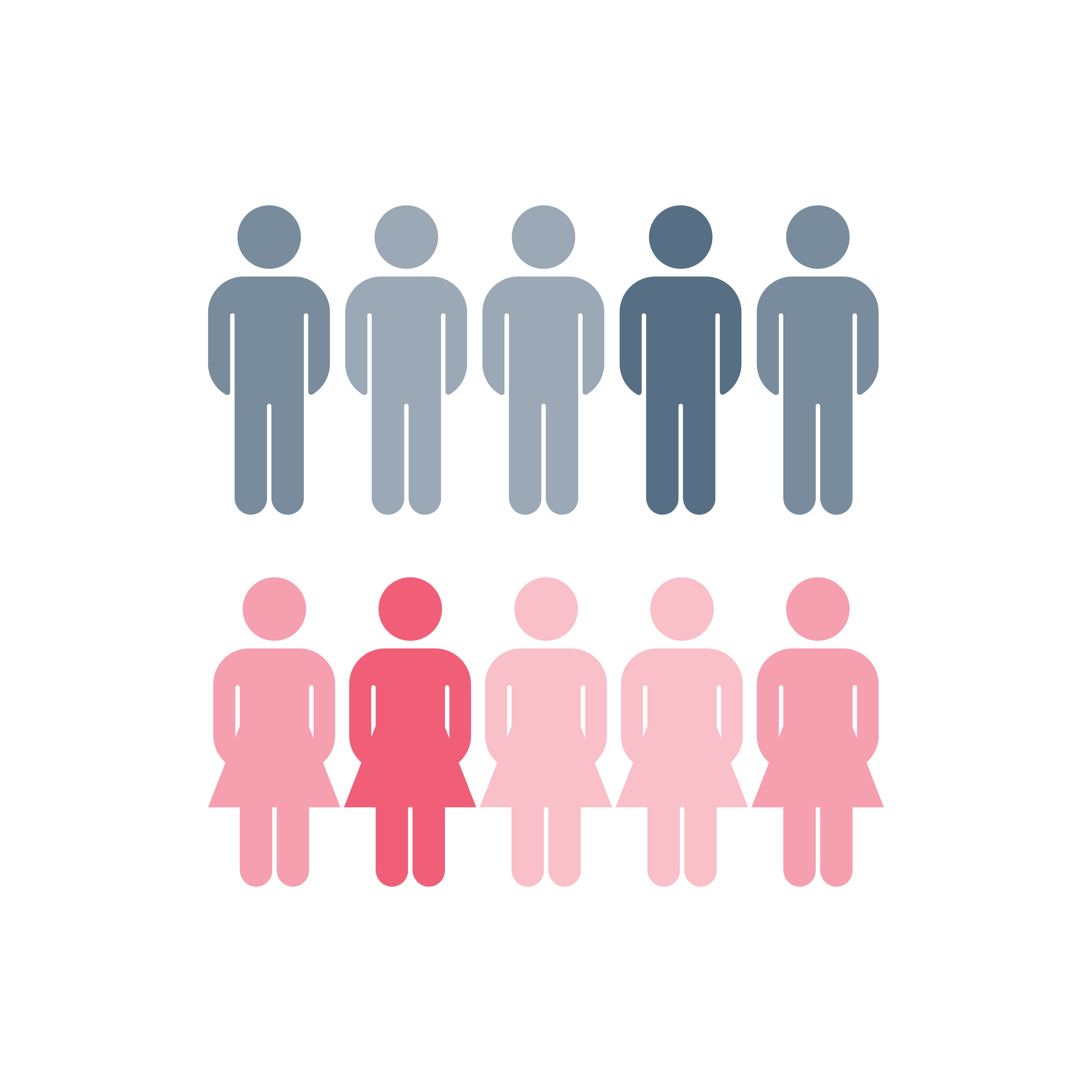What is Communism: Meaning and Characteristics

Communism is a form of government associated with the philosopher Karl Marx. It is based on his vision of what a utopian society would look like which he describes in his book “The Communist Manifesto”.
According to Karl Marx, the capitalist system brings inequality to a society, and it is divided into different classes. This is due to capitalism’s goal of making as much profit as possible and inadvertently causing a substantial chunk of wealth to be held by a few people.
In his view, a system in which there is no division in the society, and everyone is treated fairly would be much better. Where the government is made up of workers and this government holds and controls the resources and where societal wealth is distributed fairly to the masses.
What is the Meaning and Characteristic of Communism?

Communism is a philosophical, social, political, and economic ideology that aims to create a communist society in which the means of production is seized by the workers and wealth is fairly distributed among the citizens.
In the modern era, a communist government is often characterized as a centralized government led by only one party or with a dominant party within the government. Often communist countries are authoritarian in their rule. Most of the time the government is ruled by dictators, a person who has overall control of an authoritarian government whose rule is indefinite.
In a communist country, all primary and secondary sources of goods and services are under government management. A large aspect of the people’s livelihood is controlled by the government because the government provides them with their necessities and the government gives them the means to participate in the production and economy of the country.
Citizens have no private property, and all assets and wealth are held by the government. If communist governments were to follow Karl Marx’s original manifesto, the wealth and property they collected would have been distributed equally to the public and workers. This rarely happens in the current modern version of communism.
What is the Etymology of Communism?
Communism comes from the Latin word “communis” which means “shared” or “common”.
What is the Difference between Socialism and Communism?

Татьяна Кокорина
Socialism pays more attention to resolving the inequality seen in various parts of production. Under socialism, the needs of the workers are given proper attention.
An individual may own individual property, but industries and factories are owned by the State and the State is more often governed by a democratic government.
In socialism the income of a worker is based on his ability and his qualification so an individual can still earn compared to others. Though quite restricted, vertical mobility is still possible in a socialist society.
The government provides subsidies to parts of society that help in enriching and improving the condition of the workers. To accomplish this the government needs to control important utilities within society such as electricity, water, transportation, hospitals, schools and so on. Socialism can co-exist in a capitalist society.
Communism is committed to dismantling any private institution and putting all natural resources and means of production under government control.
An individual has no ability to own private property and no ability to earn more than other people within society. In a theoretical communist society, the people have no wealth gap thus achieving “equality”.
The government has direct control over all economic activities and production of goods in society.
A true communist government is hard to achieve as every real-world example has either become an authoritarian dictatorship or an authoritarian capitalist government. What we see is just the facade of the ideology of communism.
Communism cannot coexist with capitalism because of the enormous difference between the two ideologies.
What are the Examples of Communist Government?
The Soviet Union (or USSR) was a communist state that became a world superpower from 1922 to 1991 before the collapse of the USSR and its separation into small states in Europe and Asia.
Currently the following countries are under a communist Marxist-Lenist political party; People’s Republic of China, Republic of Cuba, Lao People’s Republic (Laos), and the Socialist Republic of Vietnam. Some of these countries can be said to be no longer communist at the present time but the influence of communism in their country can still be seen, especially in their politics.
The Democratic People’s Republic of Korea (North Korea) is currently claiming that their main ideology is called Juche. It even shows the characteristics inherent in communist ideology.
References
Communism, https://thebestschools.org/magazine/common-forms-of-government-study-starters/#communis
Communism, https://www.investopedia.com/terms/c/communism.asp
Communism, https:/ /www.britannica.com/topic/communism
Steele, David (1992). From Marx to Mises: Post-Capitalist Society and the Challenge of Economic Calculation. Open Court Publishing Company. pp. 44–45.
Busky, Donald F. (2000). Democratic Socialism: A Global Survey. Praeger. p. 9.
Williams, Raymond (1985) [1976]. “Socialism”. Keywords: A Vocabulary of Culture and Society (revised ed.). New York: Oxford University Press. p. 289
Communism, https://www.nationalgeographic.org/encyclopedia/communism/
Communism Vs. Socialism,https://www.thoughtco.com/difference-between-communism-and-socialism-195448








